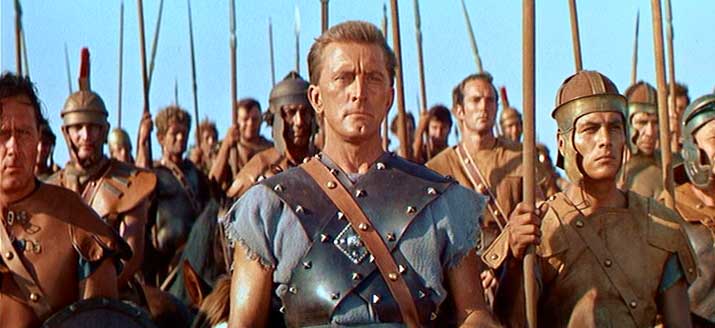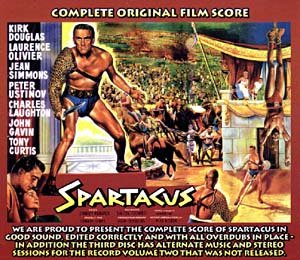If memory serves, the following review, written in mid-February 2005, is the only submitted film review I ever wrote for the Chicago Reader during my more than 20 years on the staff which the paper’s editor chose not to run. I’m posting it now not in order to contest in any way her judgment in this matter — given the possible unwitting offense that this short article might have caused, it was probably sound — but for the (admittedly limited) documentary interest of such a review in its own right. For the record, my capsule review of the same movie appeared in the Reader on February 25, 2005. — J.R.

DIARY OF A MAD BLACK WOMAN *
DIRECTED BY DARREN E. GRANT
WRITTEN BY TYLER PERRY
WITH KIMBERLY ELISE, STEVE HARRIS, PERRY,
CICELY TYSON, SHEMAR MOORE, TAMARA TAYLOR,
AND LISA MARCOS
By Jonathan Rosenbaum
Once I started recovering from the shock of the hyperbolic jive of Diary of a Mad Black Woman, I had the the sensation I’d just been eavesdropping on a subculture and a franchise I previously knew nothing about —–a discourse in which a particular audience was being knowingly stroked, serviced, and gratified. As playwright, producer, performer, and sometime director, Tyler Perry belongs to that branch of ethnic theater scornfully known as the “Chitlin Circuit,” aimed almost exclusively at black audiences. Read more
From the May 10, 1991 Chicago Reader. –J.R.

SPARTACUS
*** (A must-see)
Directed by Stanley Kubrick
Written by Dalton Trumbo
With Kirk Douglas, Jean Simmons, Laurence Olivier, Charles Laughton, Peter Ustinov, John Gavin, and John Ireland.

“It has acres of dead people, more blood and gore than you ever saw in your whole life.
“In the final scene, Spartacus’s mistress, carrying her illegitimate baby, passes along the Appian Way with 6,000 crucified men on crosses.
“That story was sold to Universal from a book written by a Commie and the screen script was written by a Commie, so don’t go to see it.”

Despite these dire warnings from gossip columnist Hedda Hopper — and another from the American Legion, which sent a letter to its 17,000 local posts urging people to boycott the movie — Spartacus, released in 1960 and reportedly the most expensive movie ever shot in Hollywood, eventually turned a profit. It was even the top money-maker of 1962 after it went into general release — thereby, I suppose, making Commie symps of all of us who went to see it. It was the Kennedy era, and the blood and gore on view were pretty tame by today’s standards; for the record, the number of crucified men — rebel slaves — while high, is a good bit shy of 6,000. Read more
From the Chicago Reader (November 1, 2007). For all its inventiveness and resourcefulness, I find the recent sequel too long and difficult to follow, but I love the appearances of Harrison Ford/Deckard and his dog. — J.R.

Blade Runner: The Final Cut |****
Directed by Ridley Scott

It took 25 years, but the makers of Blade Runner finally got it right. Preceded by at least six editions, five of them seen by the general public, this “final cut” is the optimal form of Ridley Scott’s 1982 masterpiece. Neither a complex revision nor a simple restoration, it’s a retooling that presents the project as it was originally conceived. Although some of the violence has been intensified and stretched out, new footage isn’t really the point. The focus instead is on redressing technical errors and making other helpful adjustments, giving the film a fully comprehensible narrative. For the first time every detail falls into place.

Along with the equally pessimistic and misanthropic A.I. Artificial Intelligence, Blade Runner sets the standard for movies about androids in the post-Metropolis era. It presents a dark view of humanity where the artificial beings known as replicants (who tragically have a lifespan of just four years) command most of our sympathy. Read more







